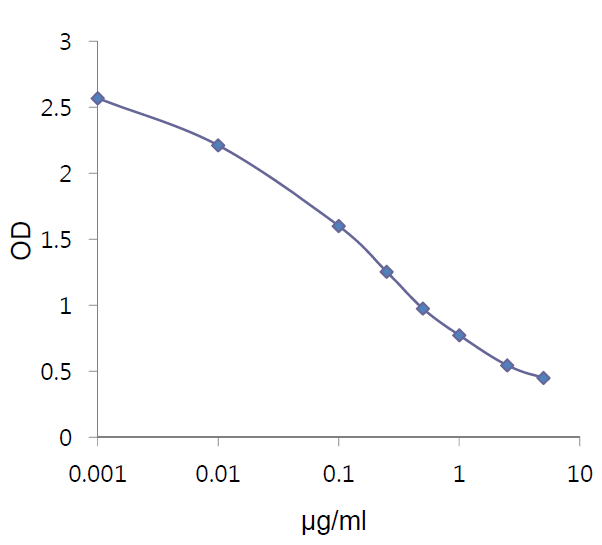ELISA Assay. Detects human RBP4. Does not cross-react with human adiponectin, human resistin or human RELM-beta. Colorimetric assay. Sample Types: Cell Culture Supernatant, Plasma, Serum, Urine. Range: 0.001 to 5microg/ml. Sensitivity: 1ng/ml. Retinol binding protein 4 (RBP4; RBP) is a 21kDa secreted protein, a member of the lipocalin family and is known as the primary transporter of retinol (vitamin A) to tissues. A recent report revealed RBP4 as an adipokine linking glucose transporter 4 (GLUT4) suppression in adipose tissue to insulin. Elevated human and mouse serum RBP4 levels are associated with insulin resistance and its severity, obesity and certain components of metabolic syndrome. Furthermore, human serum RBP4 levels are closely related to renal function and recent studies have shown an association between serum RBP4 levels and urinary albumin excretion. The urinary RBP4 concentration may be a valuable marker for both, insulin resistance and microalbuminuria in insulin-resistant subjects. - Retinol binding protein 4 (RBP4; RBP) is a 21kDa secreted protein, a member of the lipocalin family and is known as the primary transporter of retinol (vitamin A) to tissues. A recent report revealed RBP4 as an adipokine linking glucose transporter 4 (GLUT4) suppression in adipose tissue to insulin. Elevated human and mouse serum RBP4 levels are associated with insulin resistance and its severity, obesity and certain components of metabolic syndrome. Furthermore, human serum RBP4 levels are closely related to renal function and recent studies have shown an association between serum RBP4 levels and urinary albumin excretion. The urinary RBP4 concentration may be a valuable marker for both, insulin resistance and microalbuminuria in insulin-resistant subjects.

